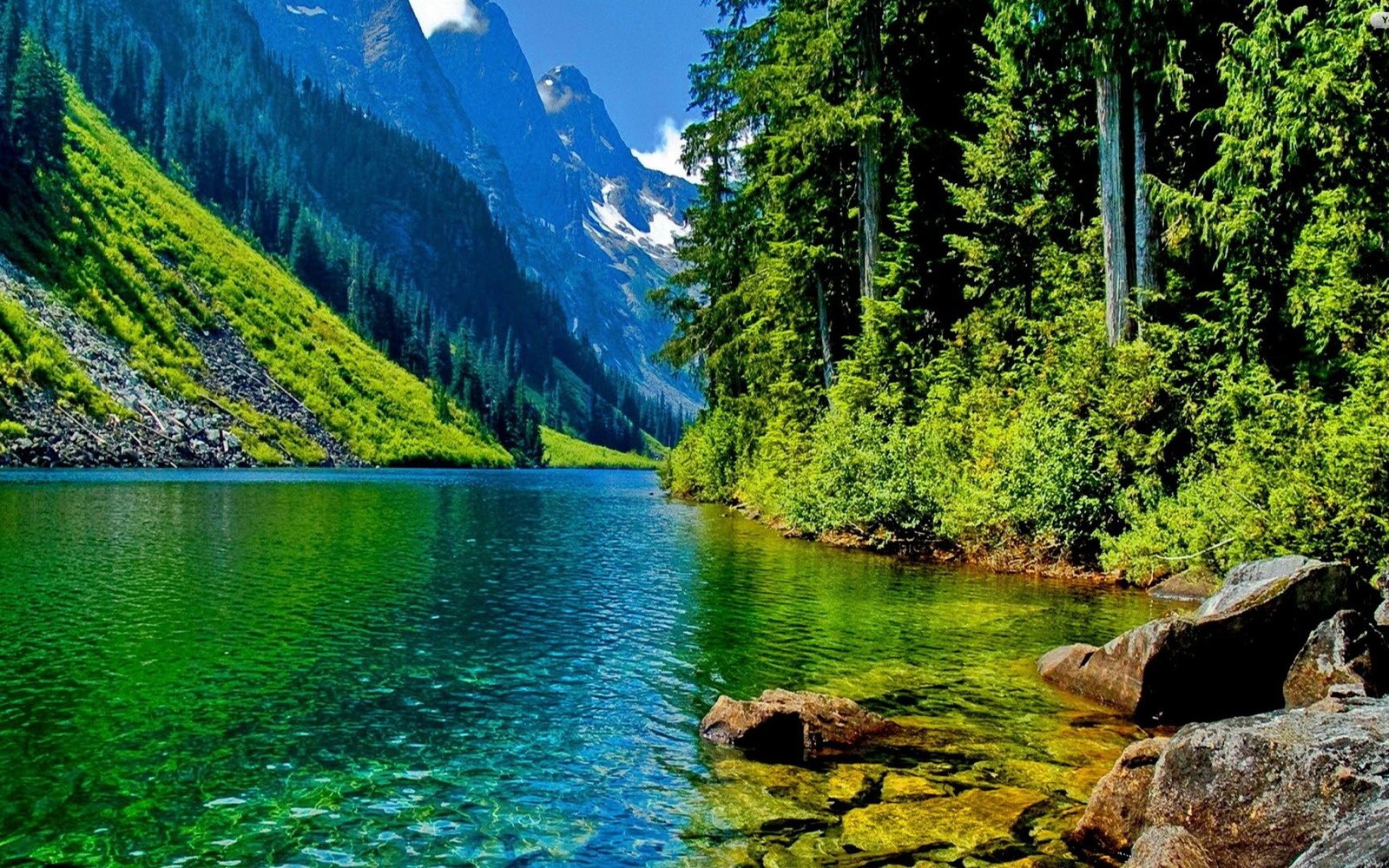11 BBF-2 Laarni Suzette Bernas . 1st Blog
Nature Blog
Nature refers to the phenomena of the physical world collectively, including plants, animals, the landscape, and other features and products of the earth, as opposed to humans or human creations. It can also refer to life in general.From one point of view, humans are a prime example of nature, and are the most widely studied natural inhabitants of the planet earth. Humans interact with each other in their natural environment on a day-to-day basis. Every part of nature – everything from the air outside to the dirt on the ground – is interdependent. Medicine studies humans in health and sickness.
From another point of view, humans and nature can be said to be in conflict. People always use natural resources. They cut down trees, mine ores, grow crops and manufacture things from natural material. Fires, cars, and factories make a lot of smoke and harm many places. People who like to leave nature unharmed and those who feel they need to use more of nature often fight about what they should do. In the modern world, with many more people and many big cities, these problems are becoming more serious.
Nature, in the broadest sense, means the physical world as a whole. This is the meaning that physics, the study of nature (etymologically), takes.
A useful definition of natural is
- "Happening or operating in accordance with the ordinary course of nature". Oxford Shorter English Dictionary says the word in this sense is first found in 1477.
- Nature- A Boon for All
Nature is the mother of all, as it helps to sustain our life. It is our companion since eternity. Despite the importance of nature in human life, we are spoiling its balance only due to our greediness. Millions of years ago, when the knowledge of man was not better than an animal. At that time man used to get all the things needed for life only from nature. Even today, at the heights of science, our requirements are met by nature only. Nature is a boon given to us, as it protects crores and crores of organisms living on the earth. It gives us forests which are the lungs of Earth.
Challenges of Nature
Our lives as human beings started on this planet Earth and since then we are exhausting its resources. But, in return, we are exposing it to the external threats of destruction and mistreatment. Due to this, beautiful forests have been destroyed, rivers have been polluted and vast open lands have been consumed for buildings and factories. We are giving challenges to nature by doing activities as hunting down animals, cutting down trees, releasing poisonous gases and polluting rivers.
Nature
Nature, in the broadest sense, is equivalent to the natural world, physical world, or material world. "Nature" refers to the phenomena of the physical world, and also to life in general. It ranges in scale from the subatomic to the cosmic. The word nature is derived from the Latin word natura, or "essential qualities, innate disposition", and in ancient times, literally meant "birth". Natura was a Latin translation of the Greek word physis, which originally related to the intrinsic characteristics that plants, animals, and other features of the world develop of their own accord. The concept of nature as a whole, the physical universe, is one of several expansions of the original notion; it began with certain core applications of the word φύσις by pre-Socratic philosophers, and has steadily gained currency ever since. This usage was confirmed during the advent of modern scientific method in the last several centuries. Within the various uses of the word today, "nature" often refers to geology and wildlife. Nature may refer to the general realm of various types of living plants and animals, and in some cases to the processes associated with inanimate objects – the way that particular types of things exist and change of their own accord, such as the weather and geology of the Earth, and the matter and energy of which all these things are composed. It is often taken to mean the "natural environment" or wilderness–wild animals, rocks, forest, beaches, and in general those things that have not been substantially altered by human intervention, or which persist despite human intervention. For example, manufactured objects and human interaction generally are not considered part of nature, unless qualified as, for example, "human nature" or "the whole of nature". This more traditional concept of natural things which can still be found today implies a distinction between the natural and the artificial, with the artificial being understood as that which has been brought into being by a human consciousness or a human mind. Depending on the particular context, the term "natural" might also be distinguished from the unnatural, the supernatural, or synthetic.

Comments
Post a Comment